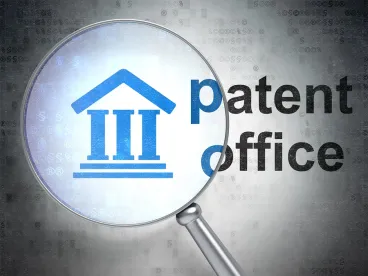A feedback clause generally gives the recipient of feedback ownership or license rights to ideas, know-how, improvements, or suggestions that the recipient might receive from another party. Feedback clauses are typically found in agreements where one party is evaluating or testing the products or services of another party and providing input—such as evaluation or beta agreements, collaboration agreements, and sometimes non-disclosure agreements. The purpose of a feedback clause is to protect the recipient of feedback from later claims by the discloser that the recipient used intellectual property (IP) of the discloser to develop, modify or improve its services or products.
A typical feedback clause will include a nonexclusive, perpetual, irrevocable, worldwide, royalty-free license for the benefit of the recipient of feedback to use any suggestions, modifications, improvements, or ideas provided by the discloser. The feedback is usually provided on a voluntary basis, without any representations or warranties from the discloser.
There are variations to feedback clauses that both the recipient and discloser should consider carefully.
Ownership of Feedback
A party receiving feedback may draft a feedback provision that provides that the recipient owns the feedback and that the discloser assigns any feedback to the recipient. This allows the recipient to obtain exclusive rights to the feedback and the freedom to create derivative works. For the discloser, this provision can be problematic, as the discloser may inadvertently disclose its own proprietary information as feedback and lose ownership rights to such information.
Warranty for Feedback
Feedback often is provided by the discloser on an “as-is” basis and without any representations or warranties. One of the issues with using feedback is that the recipient may not know if such feedback infringes on a third party’s IP rights. The recipient may request a representation and warranty from the discloser that the feedback does not infringe or misappropriate third party IP rights. Depending on the type of agreement and the negotiating leverage between the parties, it is unlikely for a disclosing party to provide such a representation or warranty without receiving something in return.
Conclusion
It is important to evaluate the need for feedback clauses in IP-related agreements and to structure them appropriately depending on the type of transaction. It is equally important to educate the business teams regarding the terms of a feedback clause so that there is no inadvertent disclosure of the company’s IP or improper use of feedback by a receiving party.




 />i
/>i
